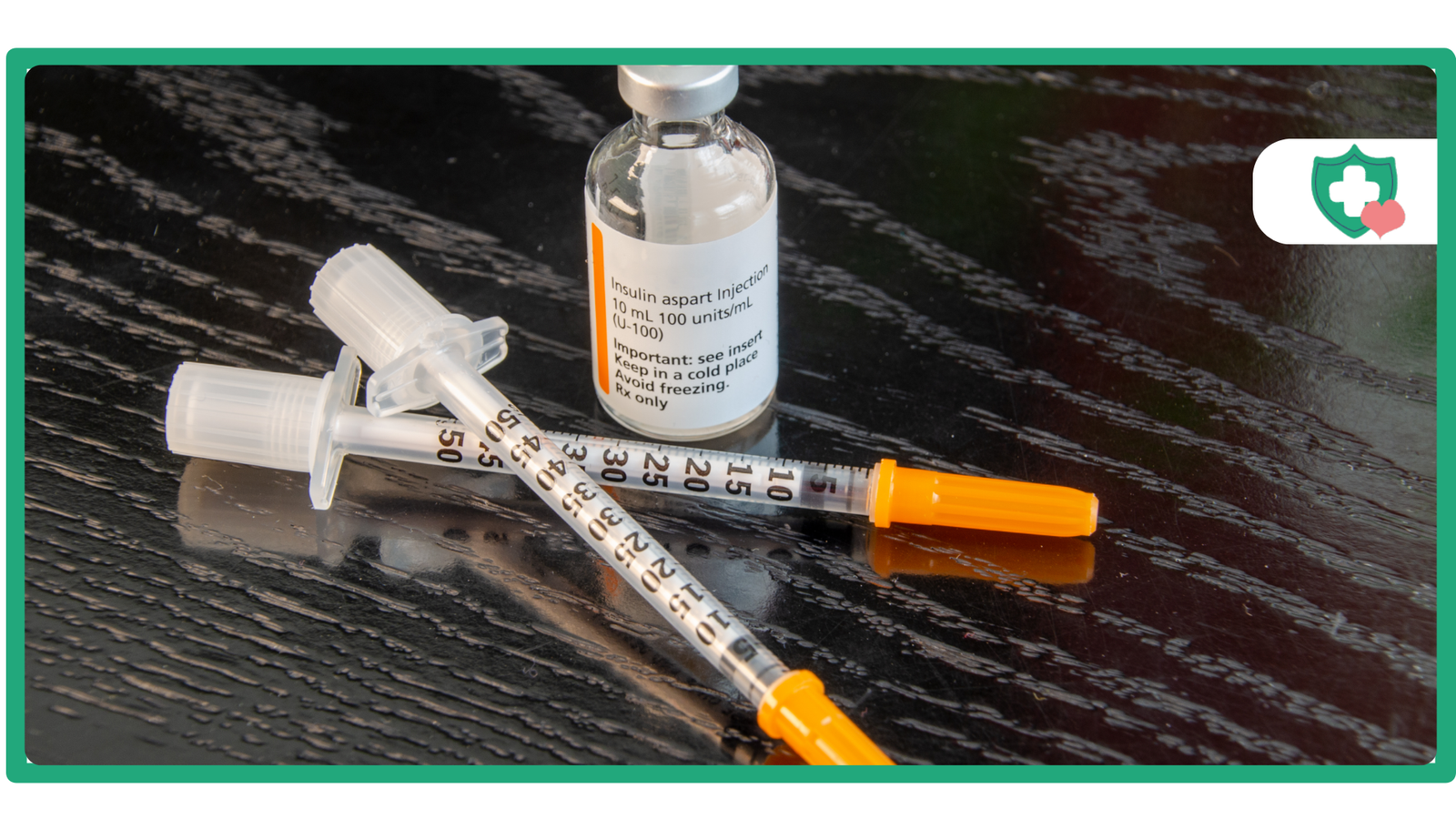Tirzepatide, a revolutionary medication designed for type 2 diabetes management and weight loss, has drawn significant attention for its remarkable metabolic benefits. However, as more people use tirzepatide, some are reporting an unusual side effect—feeling cold. While this sensation is not universally experienced, it’s worth exploring why it might occur, its potential implications, and what it means for users.
In this article, we’ll examine the science behind tirzepatide, why some users might feel cold, and what steps can be taken to manage this sensation.
What Is Tirzepatide?
Tirzepatide is a dual-action medication targeting GLP-1 (glucagon-like peptide-1) and GIP (glucose-dependent insulinotropic polypeptide) receptors. These hormones play critical roles in managing blood sugar, appetite, and metabolism. Tirzepatide has become widely recognized for its ability to:
- Improve insulin sensitivity: Helping users maintain steady blood sugar levels.
- Promote weight loss: By reducing appetite and encouraging a calorie deficit.
- Support metabolic health: By improving markers like cholesterol and blood pressure.
It is commonly prescribed to individuals with type 2 diabetes or those seeking significant weight loss. If you’re interested in this medication, you can get a tirzepatide prescription by consulting licensed doctors online.
Why Do Some People Feel Cold on Tirzepatide?
While feeling cold isn’t listed as a common side effect of tirzepatide, several factors could contribute to this sensation. It’s essential to understand these possibilities to determine whether this symptom is a cause for concern.
1. Weight Loss and Reduced Insulation
Tirzepatide is highly effective at promoting weight loss. Many users experience significant reductions in body fat, which acts as insulation. With less fat to retain heat, some people may feel colder, especially in cooler environments.
2. Changes in Metabolic Rate
Tirzepatide’s dual action impacts metabolism by regulating hormones that control energy balance. While this process helps burn calories and fat more efficiently, it can also lead to a temporary dip in body temperature as the body adjusts to new metabolic states.
3. Hormonal Shifts
The GLP-1 and GIP pathways influenced by tirzepatide are also involved in other bodily functions, including thermoregulation (the body’s ability to maintain its internal temperature). Alterations in these pathways might explain sensations of coldness.
4. Dehydration and Nutrient Deficiencies
Nausea and reduced appetite are common side effects of tirzepatide, leading some users to eat less or experience dehydration. Insufficient calorie intake or hydration can result in lower energy levels and feelings of being cold.
Is Feeling Cold a Cause for Concern?
For most people, feeling cold while taking tirzepatide is not a serious issue and is often linked to weight loss or other mild adjustments in the body. However, if the sensation persists or is accompanied by other concerning symptoms, it’s essential to consult your doctor.
When to Seek Medical Advice
If you experience the following, contact your healthcare provider:
- Persistent or extreme coldness.
- Numbness or tingling in extremities.
- Fatigue, dizziness, or weakness alongside feeling cold.
Managing Cold Sensations While Taking Tirzepatide
While feeling cold might be an inconvenience, there are several strategies to help manage this sensation effectively:
1. Layer Up
Dressing warmly can help counteract feelings of cold, especially during colder months or in air-conditioned environments. Layers allow you to adjust to changing temperatures throughout the day.
2. Stay Hydrated
Dehydration can exacerbate feelings of coldness. Ensure you’re drinking enough water, especially if you’re experiencing side effects like nausea or reduced appetite.
3. Monitor Your Diet
Ensure you’re consuming enough calories and nutrients to meet your body’s needs. Even with reduced appetite, focus on nutrient-dense foods that provide energy and warmth, such as soups, stews, and healthy fats.
4. Get Regular Check-Ups
If feeling cold persists, consult with your healthcare provider to rule out underlying conditions such as anemia or thyroid issues, which might contribute to this symptom.
Interested in exploring tirzepatide further? Connect with licensed healthcare providers to get a tirzepatide online prescription and discuss any concerns.
Who Should Consider Tirzepatide?
Tirzepatide is ideal for individuals who:
- Struggle with type 2 diabetes management.
- Seek significant weight loss.
- Have difficulty managing metabolic health markers like cholesterol or blood sugar.
Before starting tirzepatide, it’s essential to consult with a licensed doctor to ensure it’s the right option for your health goals.
Potential Side Effects of Tirzepatide
While tirzepatide is generally well-tolerated, some common side effects include:
- Nausea, vomiting, or diarrhea.
- Reduced appetite or changes in taste.
- Fatigue or mild headaches.
Less common but serious side effects include pancreatitis or gallbladder issues. Always discuss any symptoms with your doctor to ensure your treatment plan remains safe and effective.
Get Started on Your Tirzepatide Journey
If you’re ready to take control of your health, tirzepatide could be the solution you’ve been searching for. It’s not only effective for managing type 2 diabetes but also offers exceptional results for weight loss and metabolic health.
Start today by connecting with licensed doctors online for a personalized tirzepatide prescription for weight loss and take the first step toward a healthier future.
Conclusion
While feeling cold on tirzepatide might be an unusual side effect, it is typically linked to positive changes such as weight loss and improved metabolism.
For most users, this sensation is temporary and manageable with lifestyle adjustments. However, it’s essential to monitor your symptoms and consult a healthcare provider if the issue persists.
Tirzepatide represents a groundbreaking advancement in metabolic health, offering benefits that extend beyond weight loss. If you’re considering tirzepatide, consult a licensed doctor to explore how it can help you achieve your health goals. Get started today with a tirzepatide prescription and begin your journey toward a healthier, happier you.
FAQs About Tirzepatide and Feeling Cold
1. Why do I feel cold while taking tirzepatide?
Feeling cold may result from weight loss, hormonal shifts, or changes in metabolism. These factors can reduce your body’s ability to retain heat.
2. Is feeling cold a common side effect of tirzepatide?
While not officially listed as a common side effect, some users report feeling cold during their treatment. It is generally linked to metabolic changes or weight loss.
3. How can I manage feeling cold on tirzepatide?
Staying warm, eating enough calories, and staying hydrated are effective strategies for managing this sensation. Consult your doctor if the issue persists.
4. Should I stop tirzepatide if I feel cold?
Feeling cold is not usually a reason to stop tirzepatide. However, if it’s accompanied by other concerning symptoms, consult your healthcare provider.
5. How can I get a tirzepatide prescription?
You can easily get a tirzepatide online prescription by consulting licensed doctors through virtual appointments. They will evaluate your health and provide personalized advice.















